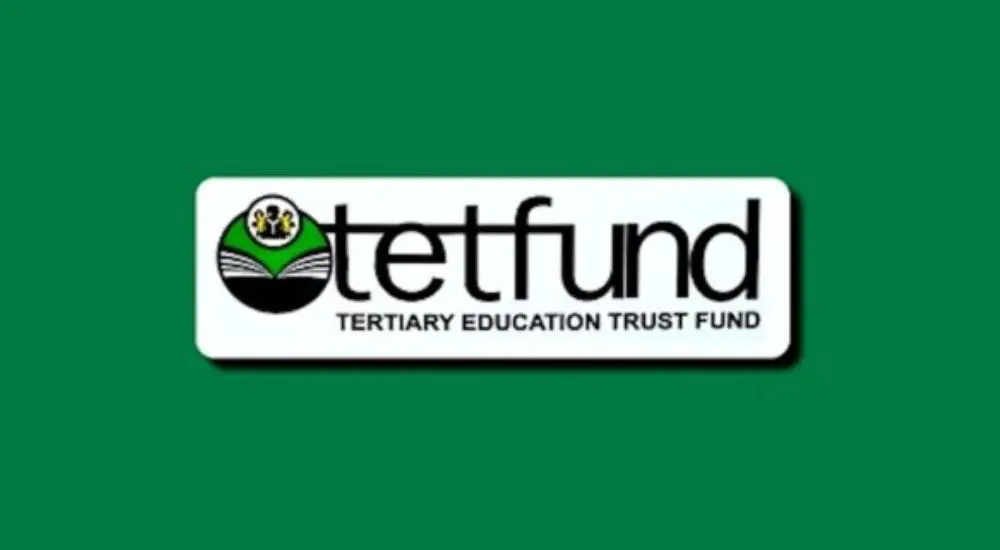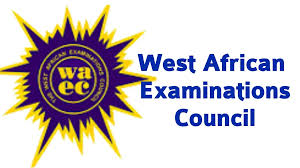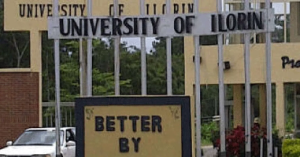
The Tertiary Education Trust Fund (TETFund) in Nigeria has announced its 2025 intervention disbursement, allocating N2.8 billion to each university, while polytechnics and colleges of education will receive N1.9 billion and N2.1 billion, respectively.
The Executive Secretary of TETFund, Arch. Sonny Echono, disclosed the details during a strategic workshop with heads of beneficiary institutions on Thursday in Abuja. According to Echono, each university will receive N2,560,562,352.66 under the normal allocation and an additional N300 million as a zonal allocation, bringing the total to N2,860,562,352.66.
Polytechnics will receive N1,794,335,731.71 in normal allocation and N200 million in zonal allocation, totaling N1,994,335,731.71. Colleges of education will be allocated N1,978,428,260.79 plus N200 million, amounting to N2,178,428,260.79. Echono urged beneficiaries to fully utilize their 2024 and previous allocations while fast-tracking the procurement process to access the 2025 disbursement.
He stated that this year’s physical infrastructure funding will focus on upgrading and rehabilitating dilapidated facilities across institutions. “This was communicated earlier to enable you to consult widely and prepare your projects ahead of time,” Echono noted. He added that allocations for research, innovation, academic staff training, and book development have been significantly increased.
Echono outlined the structure of the 2025 disbursement, noting that 91.08% of the fund is designated for direct disbursement, with 48.90% as annual direct disbursement and 42.18% as special direct disbursement. Additionally, 8.72% will be allocated to designated projects, while 0.20% is reserved for the stabilization fund.
Under the special direct disbursement category, TETFund will prioritize several key projects. These include the Special High Impact Programme (SHIP) aimed at enhancing facilities in selected institutions, the completion of the National Library building in Abuja, and the establishment of mechanized farms in some universities. The fund will also focus on providing student hostels through Public-Private Partnerships (PPP) and direct construction, expanding infrastructure for medical education, and adopting medical simulation technologies to improve training and patient care.
TETFund is also investing in alternative energy sources to reduce rising energy costs in institutions, enhancing campus security, and improving disaster recovery measures.
Echono emphasized the agency’s commitment to boosting research and innovation, stating that the National Research Fund will be sustained. He highlighted the support for the Triple Helix initiative, which fosters collaboration between academia, industry, and government, as well as the expansion of R&D commercialization to translate research outcomes into practical solutions.
The agency also plans to increase funding for laboratory and agricultural development. This includes the establishment of two new central multipurpose research laboratories and three new agricultural laboratories/demonstration farms across key regions.
Several new initiatives will debut in 2025, including a Diaspora Outreach/Exchange Program, a Staff Support Fund for universities, polytechnics, and colleges of education, and the provision of electric tricycles for campus transportation. Additionally, student startup and innovation grants will be introduced to foster entrepreneurship, along with the establishment of 12 new Entrepreneurship for Innovation Hubs in polytechnics and colleges of education.
TETFund is also advancing its TERAS platform to digitize learning processes and align institutions with global educational standards. “As part of our commitment to reducing reliance on government funding, we encourage institutions to seek partnerships with the private sector, especially for student hostels and facility management,” Echono stated.
The meeting was attended by key stakeholders, including representatives from the Academic Staff Union of Universities (ASUU), the National Board for Technical Education (NBTE), and other educational bodies.








